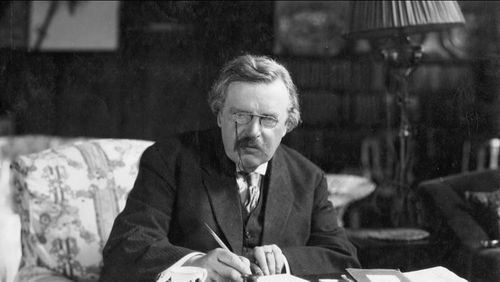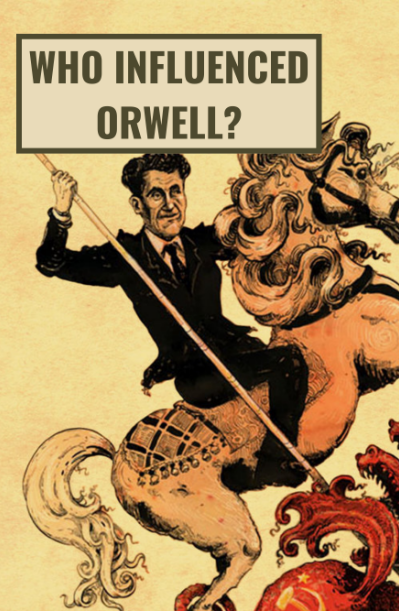G.K. Chesterton against pessimism
Nov 04, 2023 · 2 mins read
0
Share

For Chesterton, pessimism is the one "unpardonable sin." He writes in the 1908 tract Orthodoxy :"The optimist thought everything good except the pessimist, and that the pessimist thought everything bad, except himself." What the pessimist misses:
Save
Share
Love precedes lovability. Chesterton writes: "Men did not love Rome because she was great. She was great because they had loved her." A "primary devotion" to a place, thing, or person is actually the source of the creative energy that transforms it. Begin with love, not scorn.
Save
Share
Chesterton: "Attitude towards life can be better expressed in terms of a kind of military loyalty than in terms of criticism and approval." He praises the "cosmic patriot" - the man who affirms the overall value of life before he gets to the narrower criticisms.
Save
Share
Use the "gigantic levity of pleasure" and the "intolerance of pain" to achieve your ends. Emotional highs and lows provide the momentum and fuel of greatness. The "obvious equilibrium of the stoic," in exchange for peace, steals your energy.
Save
Share
How to think about the environment around us: "This is not a world, but rather the material for a world. God has given us not so much the colours of a picture as the colours of a palette. But he has also given us a subject, a model, a fixed vision." Why ideals matter...
Save
Share
Importance of fixed aims: "As long as the vision of heaven is always changing, the vision of earth will be exactly the same. No ideal will remain long enough to be realized. The modern young man will never change his environment; for he will always change his mind."
Save
Share
The paradox of fairy-tales: "All the beauty of a fairy-tale lies in this: that the prince has a wonder which just stops short of being fear. If he is afraid of the giant, there is an end of him; but also if he is not astonished at the giant, there is an end of the fairy-tale."
Save
Share
Modern streets are "noisy with taxicabs and motorcars," but that's not human activity, it's "laziness and fatigue." Everyone walking would be much quieter but also intensely active. Modern thought is like a modern street - noisiness, long words, loud ideas...hiding laziness.
Save
Share
Enjoyed this? 50+ more insights from Chesterton here:

Save
Share
0